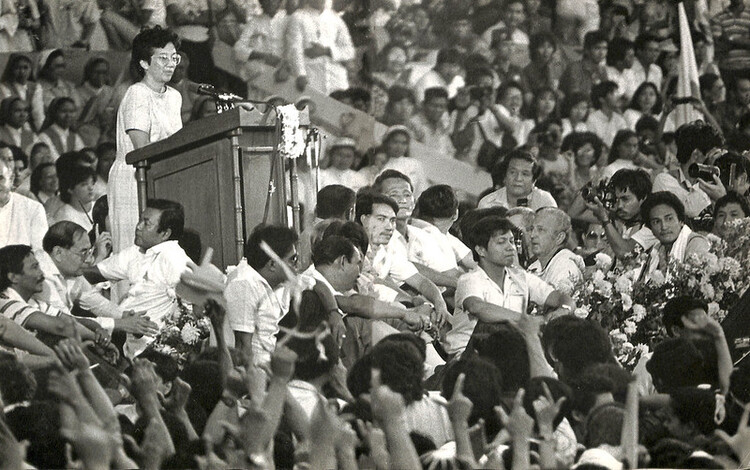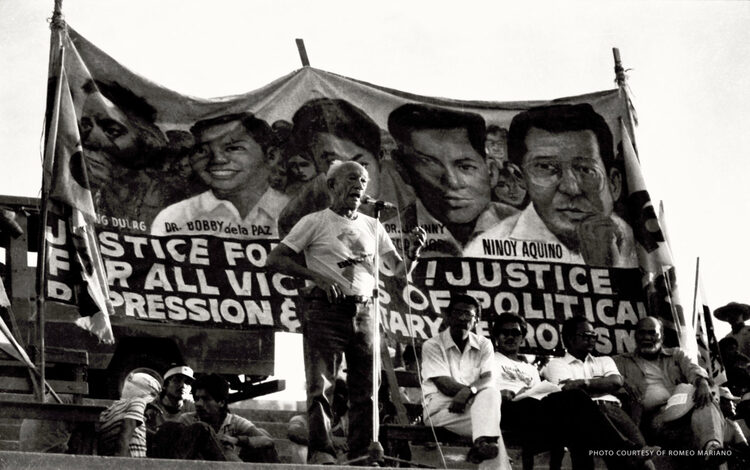Today, February 25, 2025, marks the 39th anniversary of the EDSA People Power Revolution, a pivotal event in Philippine history demonstrating peaceful protest’s power in restoring democracy. From February 22 to 25, 1986, millions of Filipinos gathered along Epifanio de los Santos Avenue (EDSA) in Metro Manila to oppose President Ferdinand Marcos’s 20-year authoritarian rule. This nonviolent uprising led to Marcos’s ousting and the inauguration of Corazon Aquino as the nation’s 11th president.

The revolution was ignited by widespread allegations of electoral fraud during the snap presidential elections held on February 7, 1986. The opposition, led by Corazon Aquino, contested the results, which declared Marcos the winner. Tensions escalated when Defense Minister Juan Ponce Enrile and General Fidel Ramos defected from the Marcos administration, seeking refuge in military camps along EDSA. In response, citizens from all walks of life—clergy, nuns, professionals, and ordinary individuals—converged on EDSA to protect the defectors and demand change. The atmosphere was both tense and hopeful, with protesters offering flowers and food to soldiers, praying, and singing hymns. Remarkably, the movement remained peaceful, and on February 25, Marcos and his family fled to Hawaii, marking the end of his regime.
The success of the EDSA People Power Revolution resonated globally, inspiring other nations to pursue democratic reforms through peaceful means. It showcased the collective resolve of Filipinos to reclaim their rights and highlighted the influential role of civil society and religious leaders in mobilizing the populace.
As the nation commemorates the 39th anniversary of this historic event, various activities and events are being held to honor its legacy. Institutions and advocates are organizing discussions, exhibits, and mobilizations to keep the spirit of EDSA alive. For instance, the National Historical Commission of the Philippines (NHCP) has organized commemorative rites, including a wreath-laying ceremony, to pay tribute to the revolution’s heroes. Educational institutions like Ateneo de Manila University have also planned a series of events to reflect on the significance of the revolution and its enduring lessons. These commemorations serve as a reminder of the power of unity and peaceful protest in effecting meaningful change.

Reflecting on the EDSA People Power Revolution is especially pertinent today, as the nation continues to navigate its democratic journey. The values of courage, solidarity, and nonviolence that underpinned the 1986 uprising remain relevant as Filipinos strive to uphold democratic principles and human rights. The 39th anniversary is not only a time to remember the past but also an opportunity to reaffirm a collective commitment to the ideals of freedom and justice that define the nation’s identity.
